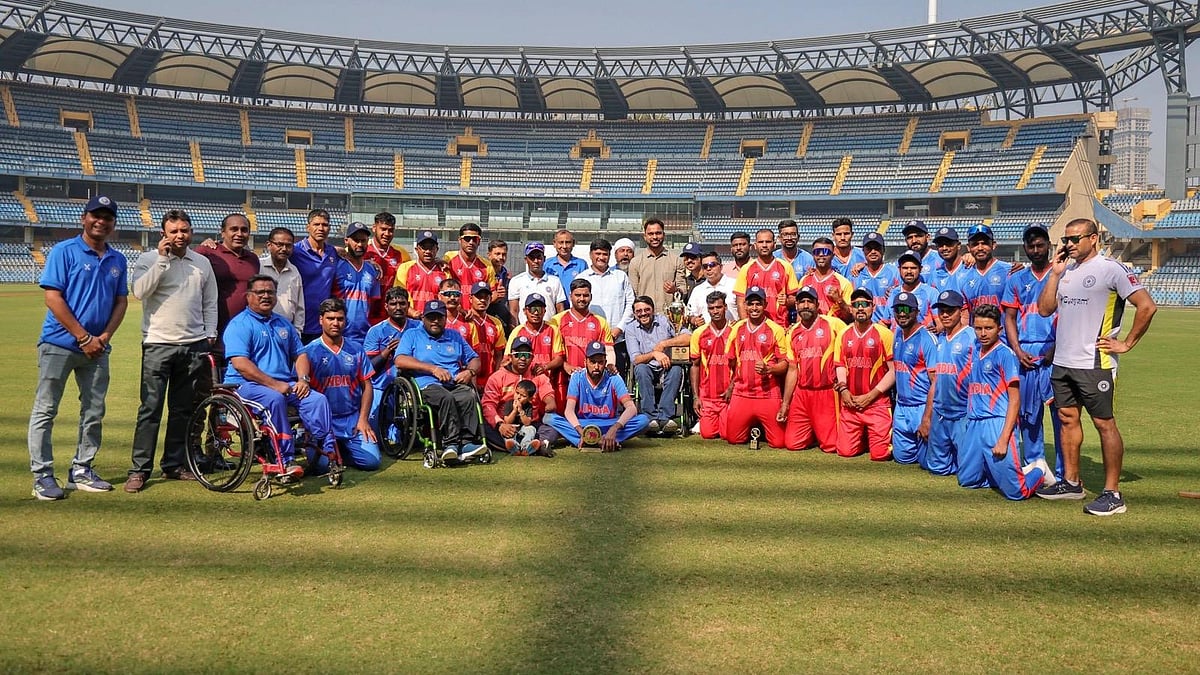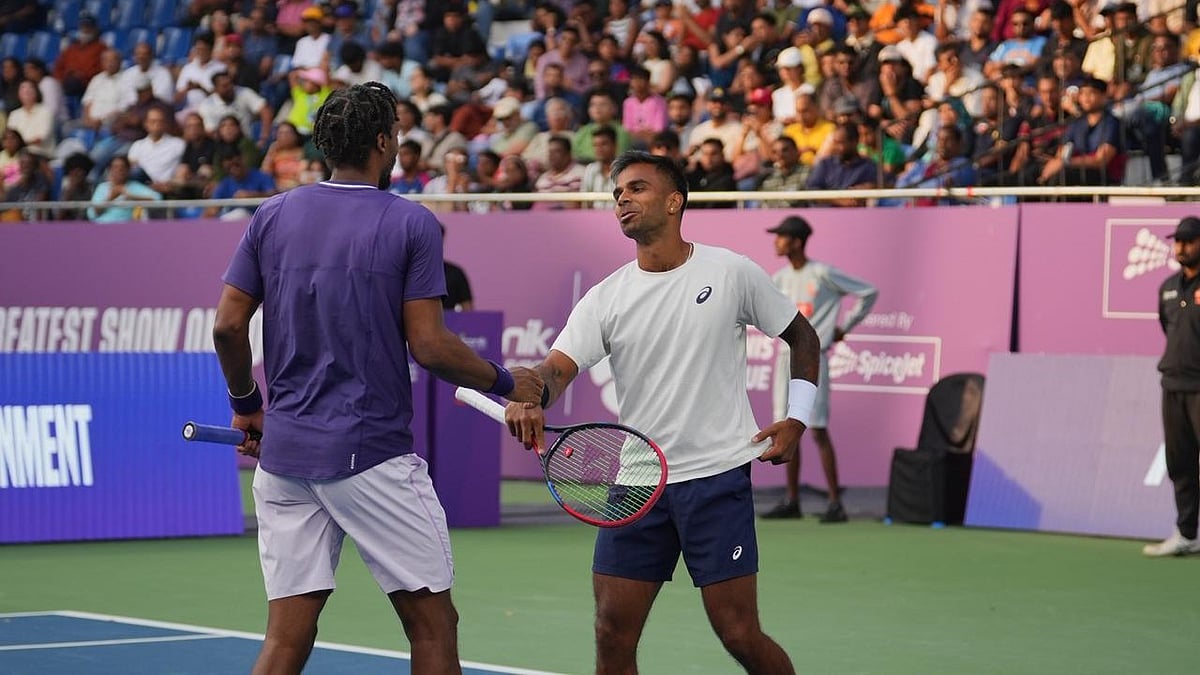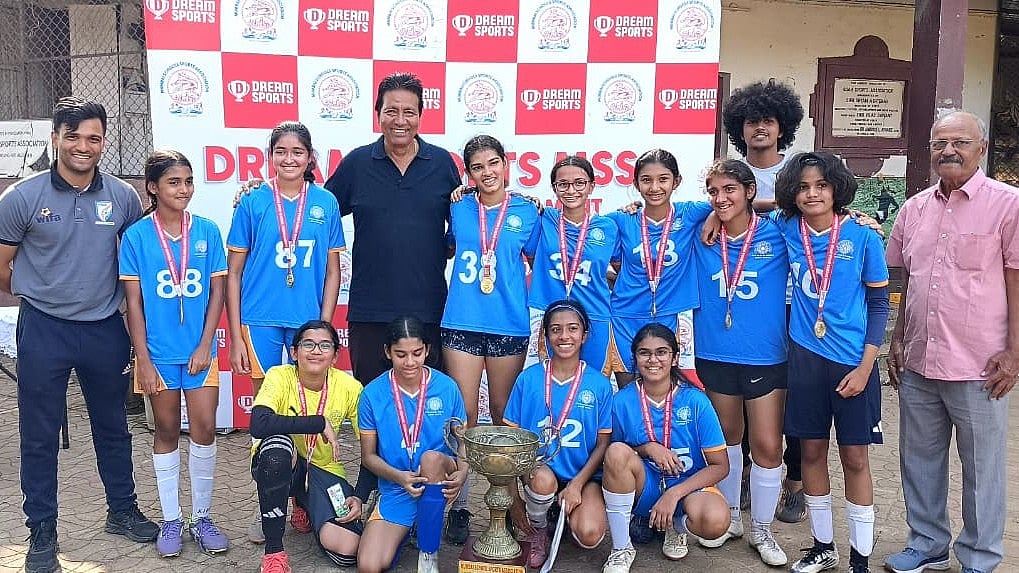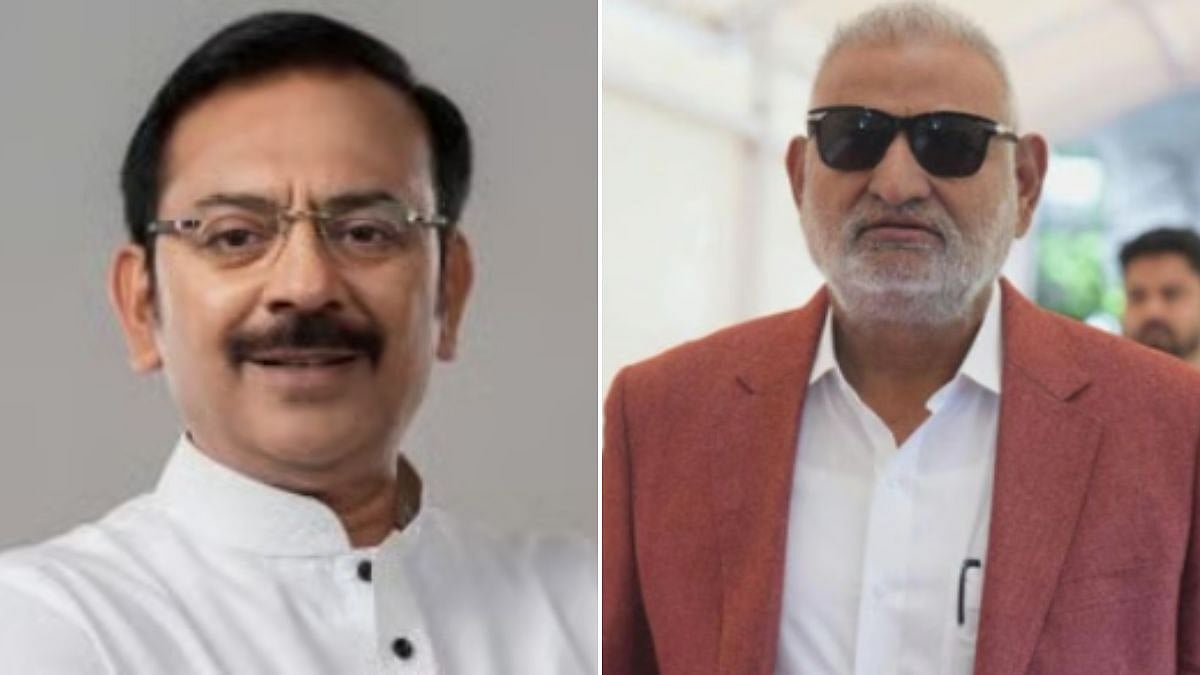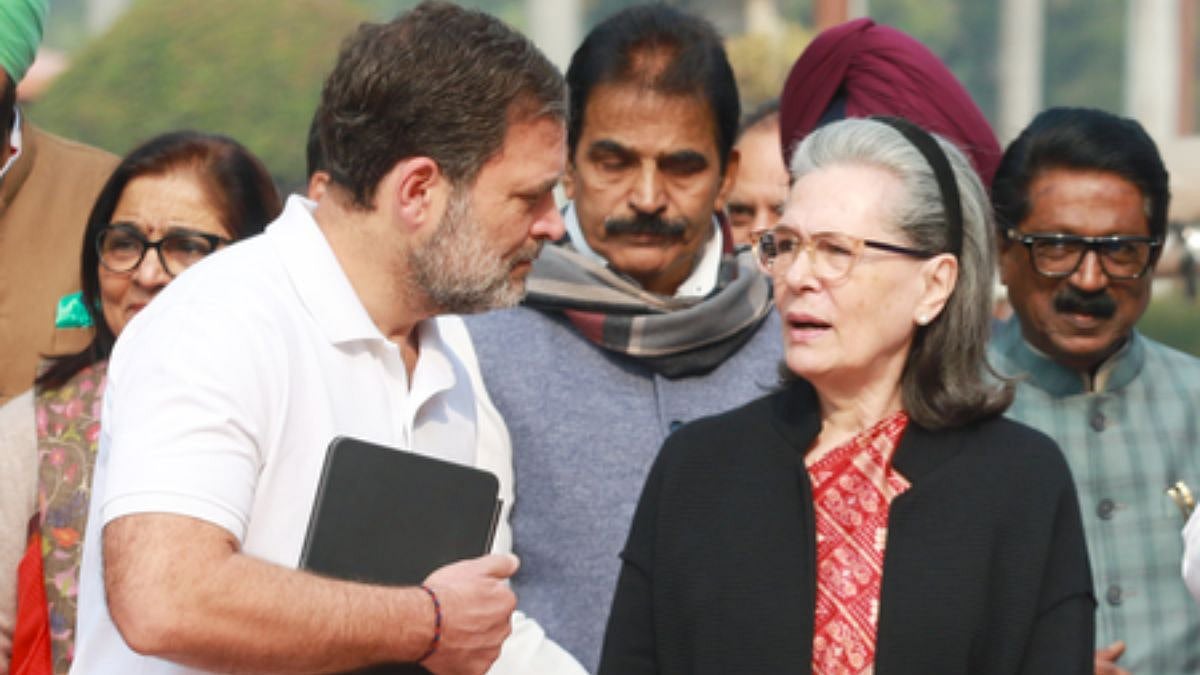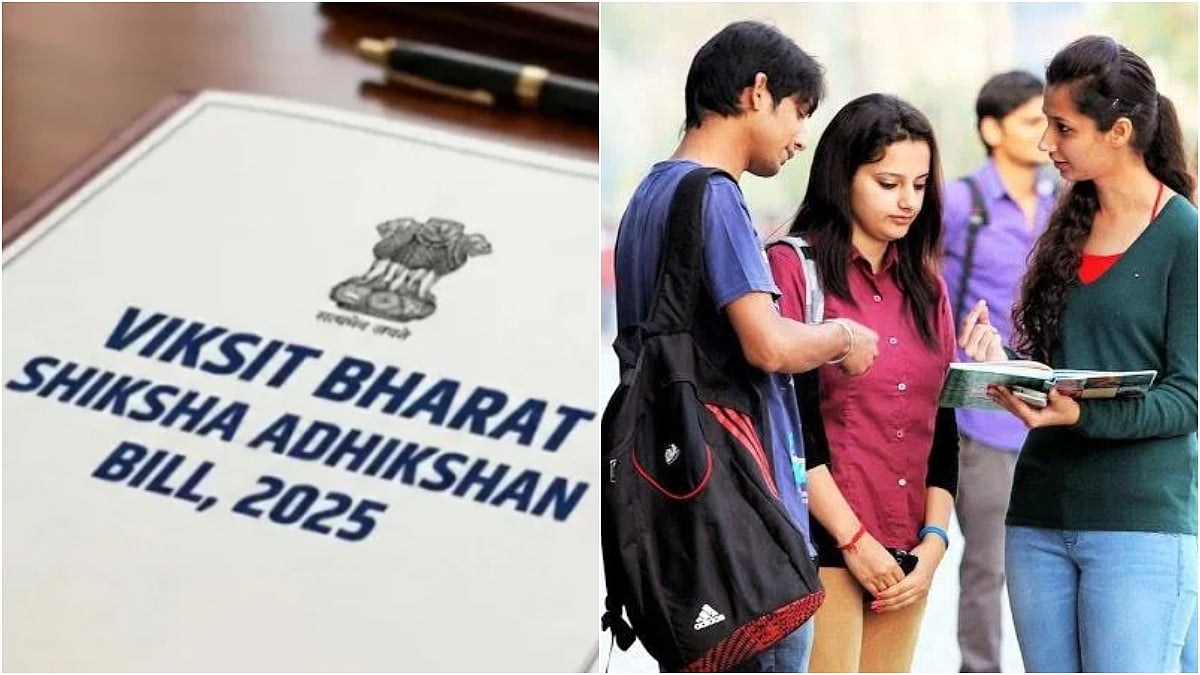After the Bihar election exposed the Congress as the weakest link in the RJD-led opposition alliance that put up a strong fight, dissent has once again resurfaced in the grand old party. Last week, senior Congress leader and former Union Minister Kapil Sibal went public with his critique of the Congress party and its leadership, particularly the latter, and called for “experienced minds, experienced hands and those who understand political realities” to rescue and revive the party, that has been consistently on the decline in election after election. In his unfiltered criticism of the party leadership, Sibal said the “time for introspection is over”; Congressmen, he added, “must recognise that we are in decline”.
The articulate Supreme Court lawyer-cum-politician stressed on the need to do several things at several levels for the revival of Congress: “Organisationally, articulation on the media in whatever form; putting up people who the people want to listen to; and providing an active, thoughtful leadership who can articulate with a lot of circumspection.” Referring to the Congress’s poor performance in Bihar and in the bypolls for 56 assembly seats in several states recently, including Gujarat and Madhya Pradesh, the latter state being one where the Congress is still a strong force, Sibal said in places where it has been an alternative, the people have not reposed their faith in it in the manner expected by the party. The Congress, in his view, knows the reasons for its decline, but Sibal says the party “must be brave and willing to recognise them.”
There is nothing new that Sibal has said that has not been said before at various levels and forums since the crushing defeat the Congress suffered in 2019 Lok Sabha poll. Incidentally, Sibal was one of the 23 leaders behind the “dissent letter” that had caused a furore in the Congress in August; the clash that it caused within the party between the loyalists and dissenters yielded very little but resulted in the downgrading of the key letter-writers. Sibal has suggested a complete makeover of the party besides the necessity to have alliances and the need to reach out to people. But for the do-over to take place, he has stressed on the need to have a conversation in the party; an honest conversation between various factions: the old guard, the new generation leaders, the loyalists, dissenters, the mass leaders and the intellectuals.
Introspect, ideate, consult and act has been the general feeling in the Congress for a long time but not many Congressmen have spoken about it, though there have been murmurs of dissent after every election defeat. The party has rarely shown a sense of urgency to address issues and tackle problems, both organisational and leadership-related, which have caused its gradual decline from a pre-eminent national party to an undistinguished and also-ran force. It is a painful and waterfall-like slide that the Congress has had in a matter of just six years that troubles many Congressmen, but not the Gandhi family loyalists, who often shield the Gandhis from every criticism and election defeat. This has happened time and again but nothing has changed. While the leadership has continued to treat every election defeat like “business as usual”, the oft-repeated poor show has left the senior Congress leaders and party workers dejected and demoralised.
The obsessive self-love of the leadership and its acolytes’ unquestioned loyalty has created a gulf between the leadership and the party that fights elections but does not care to remain relevant to changing ground reality. This has been the case with the Congress since the BJP came to power in 2014, save a few efforts to revitalise the party in a few states in 2017 and 2018, which yielded good results. Since 2014, while the BJP has spread its influence far and wide across the country, the Congress has drifted so much as a counterforce to the former that it seems to have given up the will to fight the BJP juggernaut. While ideologically it is still the centre-left, progressive, secular and inclusive mainstream party, its weakness is its crumbling organisation. But the party leadership doesn’t seem to be in a hurry to act.
So when leader after leader looks up to the leadership to start a conversation, ideate and take action to revamp the party by holding elections from the block, district, Pradesh to the Congress Working Committee and resolve the vacuum at the top and express concerns over the party’s drift into irrelevance, they are shouted down by the loyalists into submission or are asked to leave the party, while the leadership remains silent and waits for the voices of dissent to die down. This has been going on for too long and the result is poor performance in election after election and frustration and despair in the party. Asking the dissatisfied and dissenting senior leaders to start their own party when all that they are asking for is revamping of the very party that they have been part of for decades is akin to muzzling party democracy in an organisation that has its constitution but does not follow it.
Sadly, when former finance mister P Chidambaram candidly admits that the Congress has become weak on the ground, Leader of the Opposition in the Rajya Sabha Ghulam Nabi Azad says the Congress party’s “structure” has collapsed or when Sibal, without mincing words, says that the party must recognise it is in decline, does it amount to party indiscipline or a genuine concern, of which the party leadership must take note? The latest public blow-out, following yet another poll defeat, has revived the party’s unresolved leadership issue three months after it called a big meeting and claimed all was well. But the fact that all’s not well with the Congress is pretty obvious to everyone, including the voters. It is true that the Congress has faced many crises in the past – in 1969, 1979 and 1999 – and each time, the party emerged stronger from the crisis. But organisationally, the party was never as weak as it is today and its vote share has never fallen as low as now.
During past crises, the BJP was not as strong a challenge to the Congress as it is, now; the regional parties were never such big threat as today and the Congress leadership was never as indifferent to the party’s decay as currently the case is. Azad is right in saying that merely changing the leader will not win elections for the Congress. What the Congress needs is a full-time, hands-on president to rebuild the party from the ground, change the system and enforce accountability. You can’t fight Modi and BJP only on Twitter and social media platforms and hope to win elections. It needs ground-level activity to connect with voters, responsible and active district and state leaders and dynamic leadership at the top to change things for the better. It’s a tough road ahead but the time to begin the journey is now. Remember, the Congress is the only pan-India party that the BJP fears the most.
The author is an independent senior journalist

